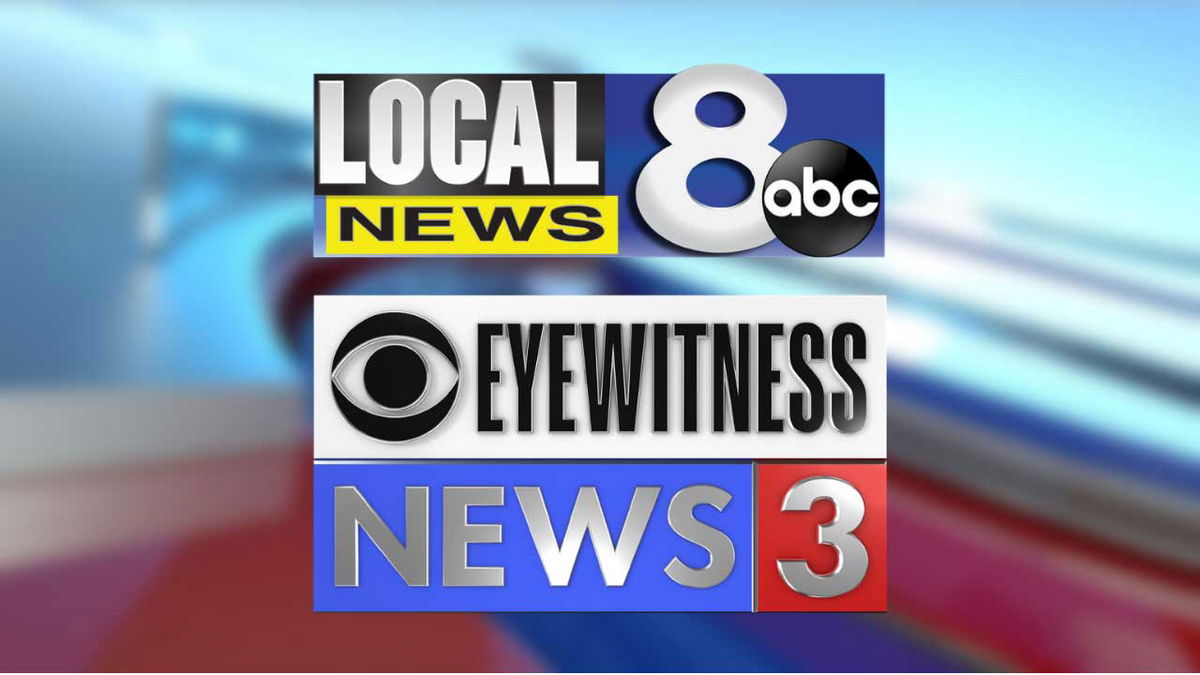Utah’s GOP Congressmen handily defeat primary challengers

By SAM METZ and LINDSAY WHITEHURST
Associated Press
SOUTH JORDAN, Utah (AP) — All four members of the U.S. House from Utah defeated Republican primary challengers Tuesday, advancing to the November election where they’ll face Democratic challengers whose primaries were not contested.
At an election night celebration in suburban Salt Lake City, the congressmen and their supporters listened to country music renditions of patriotic songs like “America the Beautiful.” They rejoiced their victories and promised the crowd of revved up Republicans that the party was in a strong position heading toward the November midterms.
“The truth is there’s so many Americans who are hurting. They’re looking at Washington, saying ‘You guys are making it worse, you’re not making it better,’” Rep. Chris Stewart said after defeating a challenger who said she didn’t vote for Trump.
The night’s headline race belonged to the U.S. Senate with Republican Mike Lee brushing off two challengers in his bid for a third term. Much like that race, several Republican primaries for U.S. House seats pit Trump-aligned populists against Republicans disillusioned with the direction he’s taken the party who’ve lightly criticized him. The wins from Utah’s moderate and conservative congressmen demonstrate how incumbency remains a powerful force in elections.
In the first primary election after the Supreme Court overturned Roe v. Wade, three of Tuesday’s winners — Lee, Owens and Stewart — trumpeted the decision as a conservative victory after the races were called. They also promised wins on other issues lay ahead if Republicans retake control in Washington.
The winners will be favorites in the general elections in an overwhelmingly red state where none of the state’s congressional districts post-redistricting were rated as battlegrounds.
Here’s a look at Utah’s congressional races:
1ST DISTRICT
Conservative businessman Blake Moore defeated two challengers in a race to represent the northernmost parts of Utah, as well as stretches of eastern parts of the state, including the ski town of Park City. After staking out moderate positions during his first term in office, he prevailed over candidates including a hard-right challenger who captured activists at the Utah Republican Party’s April convention.
His message focused on energy, the economy and foreign policy resonated with voters over those of his opponents, Andrew Badger and Tina Cannon.
“These are the things that are causing so many negative outcomes for our nation right now,” he said after his victory.
Cannon, a former Morgan County councilwoman, lost to Moore in the 2020 primary campaigned on a fiscally conservative message amid nationwide inflation and skyrocketing cost of living. Badger, who won the delegate vote at the state party convention in April, focused on hard-right flashpoints, including anger over coronavirus mandates and how race, gender and sexuality are taught in K-12 schools. He also campaigned against Utah’s universal vote by-mail system.
Moore, by contrast, called himself a “Big Tent Republican.” His primary win demonstrates that most district voters were unfazed by attacks over his vote for an independent commission to investigate the Jan. 6 insurrection.
Both in the state and nationwide, Moore said he expects Republicans to fare well in the upcoming midterms, pointing to Mayra Flores’ win in a south Texas special election earlier this month.
Moore will take on Democrat Rick Jones, who faces no primary opponent, in November.
2ND DISTRICT
U.S. Rep. Chris Stewart defeated his first GOP primary challenger in his near-decade in Congress Tuesday. Stewart once criticized Trump but later became a staunch supporter and got his endorsement. His opponent, Erin Rider, was an attorney from Salt Lake City who describes herself as a consensus builder and did not vote for Trump in 2020.
The district stretches from parts of Salt Lake City to the fast-growing southern city of St. George.
Stewart will take on Democrat Nicholas Mitchell, who was nominated at the state party’s April convention.
3RD DISTRICT
In a state with large swaths of public lands and oil and gas leases, Rep. John Curtis, a moderate Republican known for founding the Conservative Climate Caucus, again defeated a former state lawmaker who attacked him from the right and attempted to make climate change a wedge issue for Republican primary voters. Chris Herrod likened Curtis’ energy policies to the “Green New Deal” and won the delegate vote at the state party’s April convention.
The primary was the third face-off for the two men; Curtis has soundly defeated Herrod in the past primary elections. The 3rd District includes Provo, where Curtis previously served as mayor, and stretches to Utah’s southeastern corner, encompassing the tourist town Moab.
Curtis will take on Democrat Glenn Wright, who was nominated at the state party’s April convention.
4TH DISTRICT
Congressman Burgess Owens, a former NFL player, won the GOP nomination Tuesday as he vies for a second term in a district that spans south from Salt Lake City suburbs into right-leaning rural areas. A frequent Fox News guest and convert to The Church of Jesus Christ of Latter-day Saints, Owens toppled the state’s lone congressional Democrat in 2020 to become one of two Black Republicans in the U.S. House.
Owens, who received Trump’s endorsement on Monday, eschewed norms by skipping a routine annual meeting with legislative Democrats earlier this year and declined to debate his primary challenger, Jake Hunsaker.
Hunsaker attacked Owens for what he’s called “extreme views” and said he agrees with many of Trump’s policies yet takes issue with how his rhetoric has polarized the political landscape.
Owens will take on Democrat Darlene McDonald, who faces no primary opponent.
